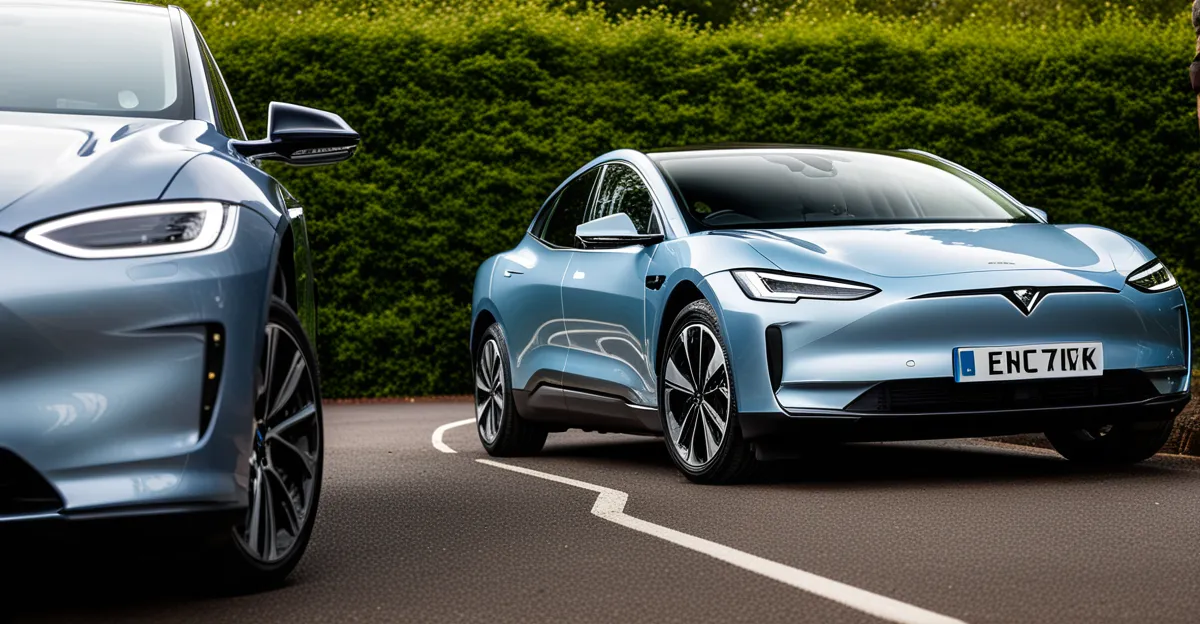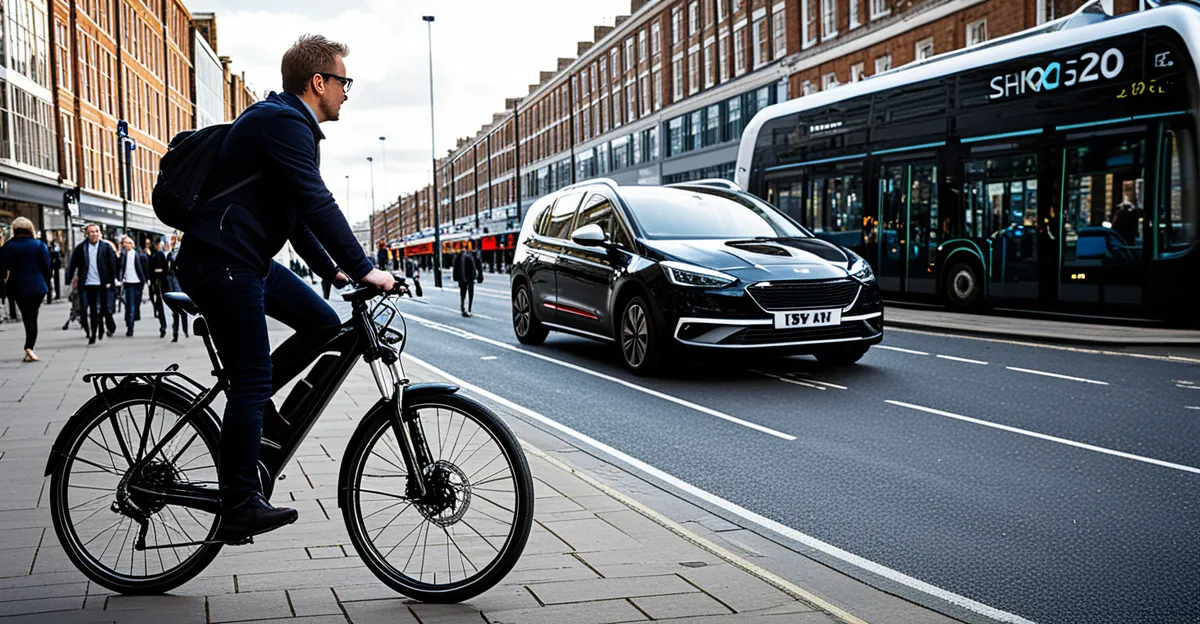
How Will Electric Vehicles Transform the UK’s Automotive Sector?
Immediate Impacts of Electric Vehicle Adoption on the UK Automotive Sector Electric vehicle adoption is rapidly reshaping the UK automotive industry, with immediate impacts visible[…]

How Is Innovation Reshaping the Future of the UK Automotive Industry?
Impact of Technological Innovation on the UK Automotive Sector Technological innovation is reshaping the UK car industry technology landscape at an unprecedented pace. The rise[…]

What Are the Future Scenarios for Urban Mobility Innovation in the UK?
Projected Technological Advancements in Urban Mobility Urban mobility innovation in the UK is rapidly accelerating, driven chiefly by the rise of electric vehicles UK and[…]